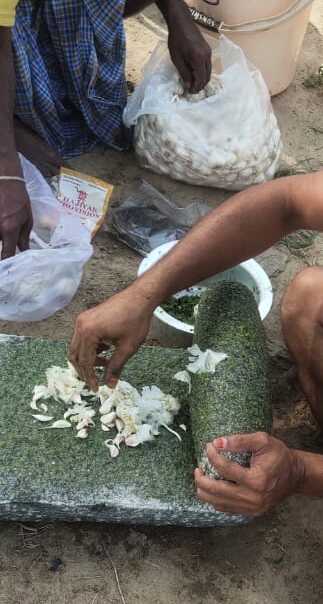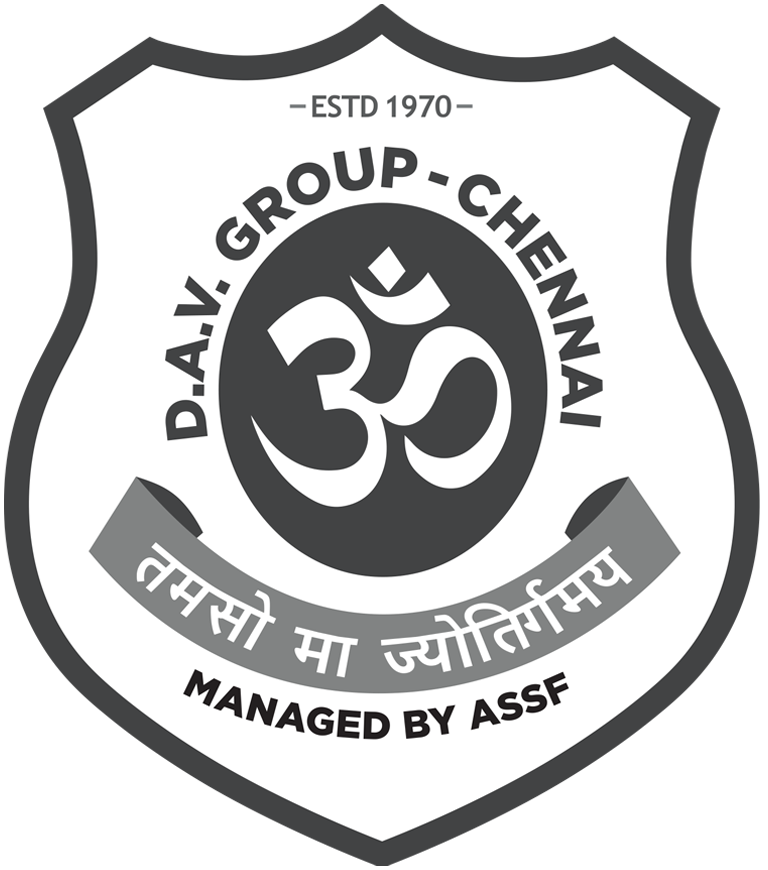CONCEPTS AND PROCESS
Jeevamrut
This traditional bio pesticide and organic manure is a mixture of cow dung, cow urine, jaggery, pulses flour, soil and water. It is a rich source of Nitrogen, Potassium and Phosphorus containing various other micronutrients that act as a catalyst for nourishment of plants and fertility of soil. This cost-effective fertiliser can be prepared within a week.
Ingredients: (For 1 Acre)
- Fresh Cow Dung – 2.5 Kilograms
- Cow Urine – 1 Litre
- Jaggery – 0.5 Kilogram
- Pulses Flour of your choice (Beans, Black gram, Cowpea, Bengal Gram, Red Gram, Pigeon Pea) – 0.5 Kilogram
- A handful of soil clean from chemical pesticides or fertilisers
- Water (to dilute) – 50 Litres
Preparation:
- Mix all the ingredients together and store it in a large container covered with lid or sack to prevent direct sunlight to filter through.
- Stir the mixture twice a day clockwise and in a week, your Jeevamrut is ready for use.
Usage:
This mixture should be applied to the crops every fortnight. It can be either sprayed directly or mixed with irrigation water. In case of fruit plants, individual application is required.
Jeevamrut can be stored for up to 15 days.
Bijamrita
Bijamrita (Bija means ‘seed’ | Amrita means ‘nectar’) is a treatment used for seeds, seedlings or any planting material. This fermented microbial solution helps in protecting young roots from fungus, as well as from soil-borne and seed-borne diseases that commonly affect plants post the monsoon.
In this process the seeds are coated with a special mix which is prepared using similar ingredients as Jeevamrut – local cow dung, a powerful natural fungicide, and cow urine, a strong anti-bacterial liquid, lime and soil.

Ingredients: (for 100 Kilograms Seed)
- Fresh Cow Dung – 5 Kilograms
- Cow Urine – 5 Litres
- Lime – 50 Grams
- Bund Soil – 1 Kilogram
- Water – 20 Litres
Preparation:
- Take 5 kilograms of fresh cow dung in a cloth and tie it together. Hang it over a container with 20 litres of water for 12 hours.
- Simultaneously, in 1 litre of water add 50 grams of lime and keep it overnight.
- Next morning, squeeze the cloth bundle of cow dung over the water until all the essence is mixed.
- Add 1 kilogram of soil in the water solution and stir well.
- Next, add 5 litres of cow urine and the lime water already prepared, to the solution and stir well.
Usage:
Apply Bijamrita to the seeds of any crop and coat them by hand. Dry them well and sow it.
For leguminous seeds that may have thin coats, dip them quickly in the solution and let them dry before sowing.
Acchadana (Mulching)
Acchadana or Mulching is the process of covering the open surface of the field i.e. the farm, with live crops and straw to retain moisture in the soil, prevent its erosion, regulates soil temperature and reduces runoff and weed growth.
The layer includes natural decomposable materials like dry leaves, grass, paddy straw, sugarcane molasses, green manures, gunny bags, coconut leaves, peanut shells, etc. Using these natural materials as mulch, it increases humus content of soil and improves overall soil quality
Whapasa (Moisture)
Natural farming opposes the common belief that the plant roots need a lot of water, which is contrary to the over-reliance on irrigation in green revolution farming. It is instead strongly advocated that the roots need water vapour. Whapasa is the condition in which the soil contains both air and water molecules. Natural farming encourages the reduction of irrigation and emphasizes its usage only during noon time in alternate furrows.

